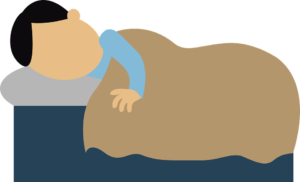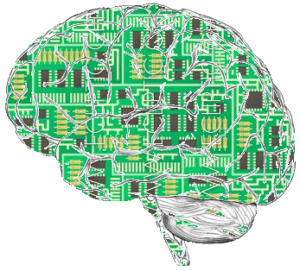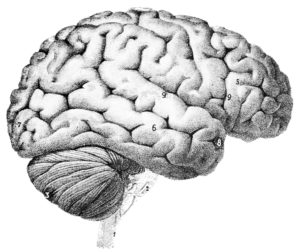 “Early to bed, Early to rise, makes a man healthy, wealthy, and wise,” as the saying goes. And as with many sayings, there are elements in it that ring true. Those who get a good night sleep are more likely to have more energy and focus throughout the day. Their immune systems will also be stronger. So what can sleep do for one’s brain functions. Turns out it can make you smarter.
“Early to bed, Early to rise, makes a man healthy, wealthy, and wise,” as the saying goes. And as with many sayings, there are elements in it that ring true. Those who get a good night sleep are more likely to have more energy and focus throughout the day. Their immune systems will also be stronger. So what can sleep do for one’s brain functions. Turns out it can make you smarter.
When we are awake, our day consists of taking in the sights around us, the sounds, the smells, the tastes, etc. New studies have shown that our brains are best at processing and storing knowledge while we are asleep.
Scientists are finding that people with a healthy sleep cycle are more likely to remember the information that they picked up during the day. Here’s Why:
Our Brains At Work
- Our brains are like a highly advanced computer, categorizing and filing every experience we have that day, converting the most important elements into long-term memory.
- Like computers, when our brains receive large influxes of information, they can overheat.
- While we are awake, our brain mostly functions to take in as much information as possible, and we may not remember everything we learned that day.
- When we are asleep, our brains have time to slowdown and process everything that we have taken in.
 We have synapses, which are the connective parts between neurons that fire information throughout our brain that we receive from our senses.
We have synapses, which are the connective parts between neurons that fire information throughout our brain that we receive from our senses.- When we are awake, these synapses can be over stretched and can miss information. When we sleep, these synapses shrink, making the distance that information has to travel shorter.
- When we are asleep our brain also has more energy to process what we have taken in all day because it does not have to work hard to take in all of the sensory information that bombards us when we are awake.
- So basically when our internal hard drives (synapses) cool off after running all day, they are able to run through information faster, just like in a computer.
- They have also discovered that our bodies have developed specialized genes that may be related to memory retention that only activate when we are asleep.



